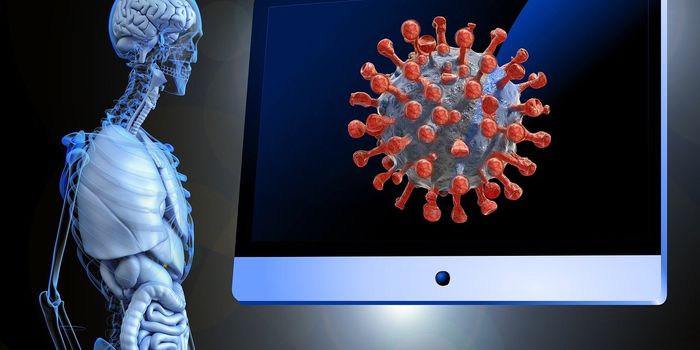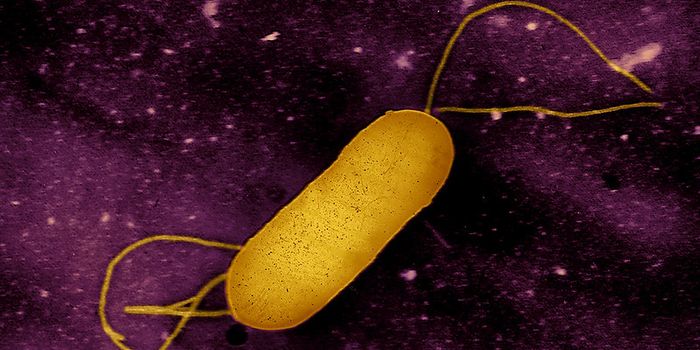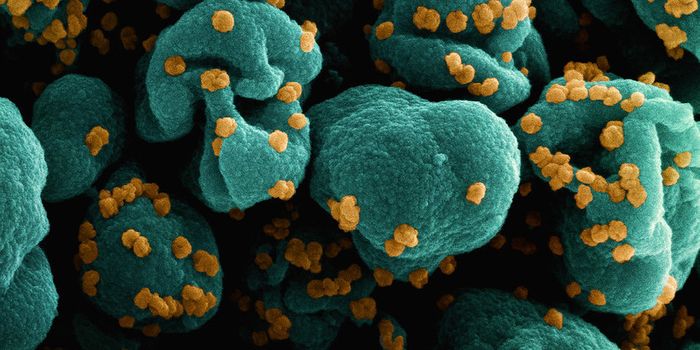Gut Microbes Affect Gut Physiology & Number of Enteric Neurons
The importance of the gut microbiome, the huge community of microorganisms in the gastrointestinal tract, has been revealed by genetic tools and research techniques. Scientists have been learning more it, such as what the characteristics of a healthy microbiome are, and which strains of gut microbes are linked to disease. Recent work has identified molecules generated by gut microbes that have a direct impact on the nerves surrounding the gut, the so-called enteric nervous system, which is sometimes called our 'second brain.'
This work, which was reported in the journal Microbiome, could help scientists develop treatments for intestinal disorders. The researchers cautioned that this study used a mouse model, and more work remains before we can apply this research in the clinic.
In this study, male and female mice were exposed to antibiotic doses that would dramatically reduce the number of microbes in their guts. When that happened, there were a number of physiological changes in the moouse guts; the length of the small intestines increased, intestine transit time got longer, and the intestinal wall became more permeable. There was also an abnormal loss of enteric neurons in several parts of the intestinal tract.
When the microbiomes of the mice were restored naturally, many of the physiological changes were reversed; intestinal function was rescued and the number of enteric neurons was returned to a normal level.
The researchers suggested that the microbiome is having a dramatic impact on the structure and function of the intestine, and that damage that occurs there might be treatable and reversable.
"We have uncovered microbial factors that help regulate the function and structural integrity of the enteric nervous system," said senior study author Dr. Keith Sharkey, PhD, a professor at the University of Calgary. Those factors, lipopolysaccharides and short-chain fatty acids (SCFAs) were found to influence the survival of enteric neurons, and SCFAs also promote neurogenesis.
Although there are many microorganisms in the gut that generate molecules that can impact human physiology, the team is up for the challenge of finding them. They plan to look for other microbial compounds that can influence gut physiology.
One potentially great thing about the microbiome, highlighted by this study, is that it may be possible to use it to significantly improve the health of some people using simple treatments like probiotics.
Sources: University of Calgary, Microbiome









